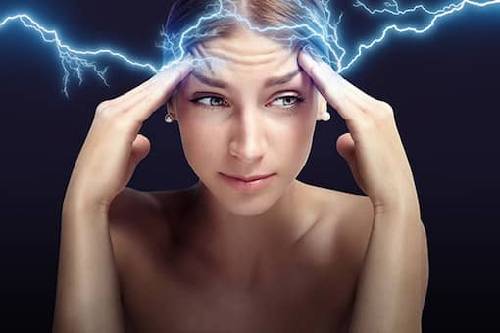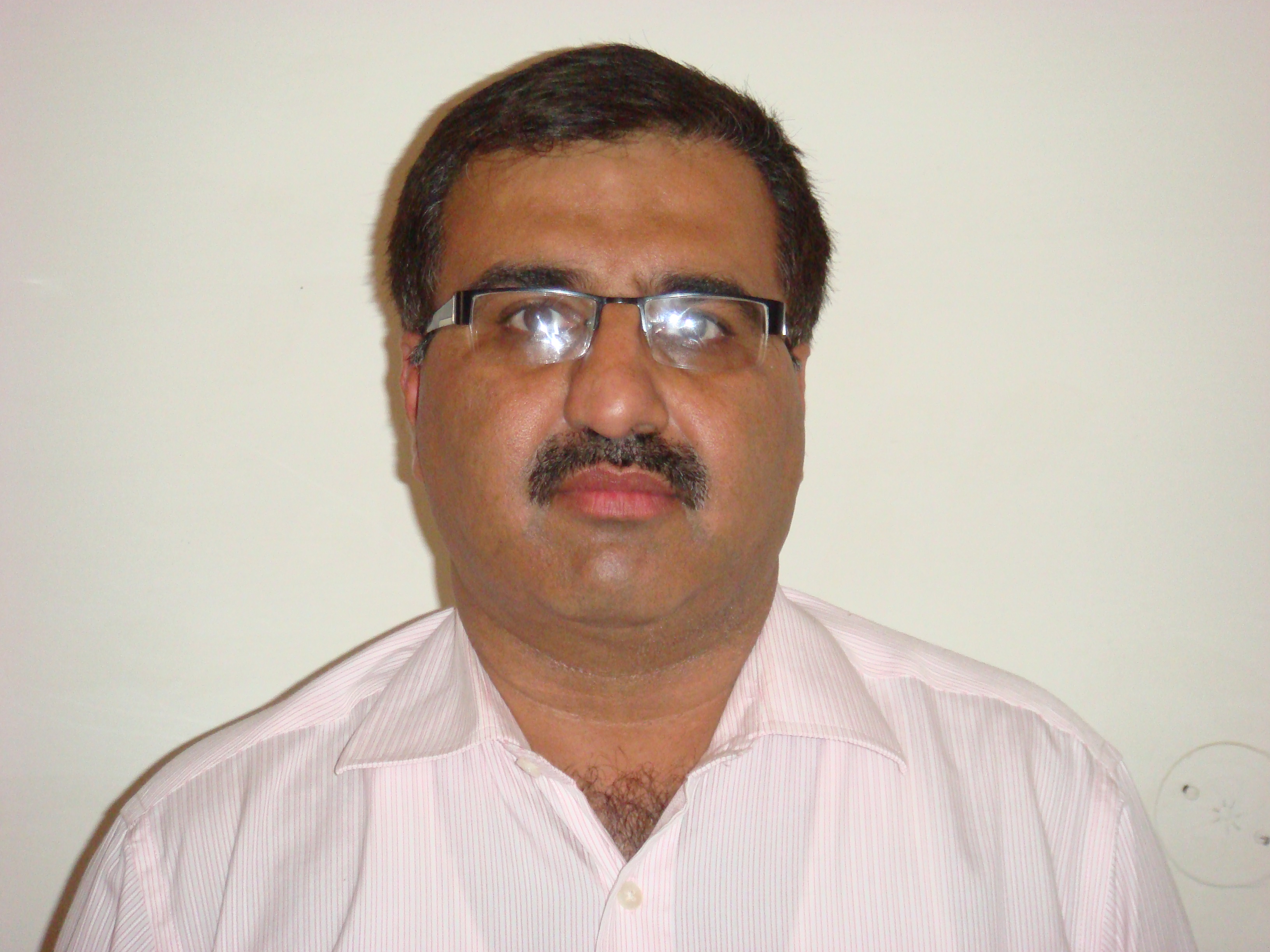
Contents
In this article we will look at:
- What is migraine?
- How is migraine caused?
- What can make you prone to migraines?
- What are the symptoms of a migraine? How is migraine diagnosed?
- What are the complications of migraine?
- What is the treatment for migraine?
You can click on any of the links above to navigate to the section of your interest.
What is migraine?
A migraine is characterized by an excruciating pulsating headache followed by other symptoms such as nausea, vomiting, fatigue, sensitivity to light, sound and smells. A migraine can last for several hours and sometimes even for days.
If you get three or more headaches every week, and you need to take painkillers almost everyday for the headaches, you need to consult your family physician or a general physician
How is migraine caused?
Migraine is usually one-sided, though children experience it on both sides of their head.
The root cause of a migraine still remains a mystery. The researchers and doctors do not have clear answers as to why migraines occur, but potential theories of the causes include:
- stress
- anxiety
- depression
- allergies
- dehydration
- drinking a large amount of alcohol
- certain medications such as sleeping pills, contraceptive pills
- nervous system disorder
- blocked or irregular blood vessels, and circulatory system
- family history
- abnormalities in the brain chemicals
- loud music
- irregular blood sugar levels
- oversleeping
- missing a meal
- certain foods items such as cheese, chocolate, caffeine can trigger a migraine in some persons
What can make you prone to migraines?
Some causes of migraine typical to Indian patients are:
- applying mehendi to hair
- taking bath with cold water
- long exposure to the sun
- hot and humid summer weather
- sinusitis
- tooth pain
What are the symptoms of a migraine? How is migraine diagnosed?

Generally, migraines have a pattern. Migraine attacks go through 4 different stages. However, some people may not experience all the four stages.
- There are usually warning signs that appear before a migraine occurs. This period is called Prodrome. The warning signs which occur a day or two before a migraine include:
- feeling lethargic
- dizziness
- drowsiness
- loss of appetite
- constipation
- mood swings from depression to ecstatic
- frequent urination
- increased thirst
- stiff neck
- sensitivity to light and sound
- fatigue
- feeling lethargic
- The next stage is called Aura which are symptoms of the nervous system. During this stage, you may feel as if someone is touching you, or feel your muscles grow weak. You may also experience motor ( movement ) or speech disturbances. Aura symptoms may appear 5 - 20 minutes before a migraine and build up to last from 30 - 60 minutes.
Some common aura symptoms include: - difficulty while speaking
- hearing humming noises, rhythmic sounds or music
- sudden uncontrollable jerking movements
- seeing flashes of light, bright spots or shadows and shapes
- sudden vision loss for few minutes
- pins and needles sensations in arms or legs
- weakness or numbness in the face or one side of the body
- mild temporary paralysis on one side of the body
- difficulty while speaking
- The third stage is when the migraine attack takes place. An attack can last from 1 hour to 72 hours. The attack is characterized by:
- severe almost traumatic throbbing pain on one side of the head. In some people, it may also occur on both sides of the head.
- nausea and vomiting may occur in some people
- fainting spells
- sensitivity to light, smell, touch, and sounds
- loss of appetite
- blurry vision
- irritability
- nervousness
- severe almost traumatic throbbing pain on one side of the head. In some people, it may also occur on both sides of the head.
- The final stage known as Postdrome occurs after the migraine attack. After the attack, some people feel elated and active. In some others, though the following symptoms may appear:
- mood swings
- dizziness
- weakness
- fatigue
- sensitivity to light, sound and touch
- mood swings
In most people, migraines remain undiagnosed, as it is brushed off as a severe headache.
You need to see a doctor immediately if you experience:
- severe, throbbing headache
- stiff neck
- vision problems
- weakness and Numbness
- seizures
- pulsating headache after a head injury
- sudden severe headaches for long periods after the age of 50
Diagnosis
A doctor will diagnose you with migraine, on the basis of your personal medical history, family’s medical history, symptoms, your lifestyle and after performing physical and neurological exams which include, testing your strength, reflexes, coordination, and your short-term memory.
The doctor may also suggest some other tests such as Blood tests, MRI, CT scan, and Spinal Tap to rule out the possibilities of any other disorder.
What are the complications of migraine?
The complications of migraine if left untreated are:
- long-lasting migraines (up to 72 hours) which may require hospitalization
- a stroke due to bleeding in the brain
- symptoms of the Aura stage can last for up to a week
- epileptic seizure
- mental health issues such as bipolar disorder, depression, PTSD, anxiety, and substance abuse.
What is the treatment for migraine?
Medical treatments
For treating migraine, doctors may prescribe you oral medications, or nasal sprays.
Exercise
Research suggests that regular and moderate exercise can reduce the frequency of migraine attacks.
Yoga, or mild regular aerobic exercises, or exercises such as jogging, swimming, dancing, cycling, and brisk walking can greatly benefit you if you suffer from migraines. It is important that you choose a form of exercise you enjoy and are comfortable with.
A word of caution, however, strenuous exercises may provoke a migraine attack. If you experience a headache or a migraine after exercising it is probably because:
- you did not take sufficient fluids before and during exercising
- you did not eat enough before exercising which may have caused your blood sugar levels to drop
- you started exercising suddenly, without prior planning thus raising the demand for oxygen in your body
- you are doing strenuous exercises which can cause a migraine attack
Patient Experiences



Questions answered by trusted doctors


migraine is diagnosed when there is one sided headache (most commonly). which is preceded by a aura like nausea, vomiting etc. sounds, and light aggravate the headache and person usually finds himself at ease when he buried his head under the pillow.
other causes for headache could be eyes. if you have spectacles suggest you to wear it cause that induces headache everyday. if you don't have a spectacles, it would be wise to get them tested so that this cause is ruled out.
stress, hunger, etc can also cause headache.
suggest you to visit a physician who would diagnose what headache it is, then treat accordingly.
regards

Did you know?
Women are more prone than men
Women are three times more prone to migraine attacks than men. One in four women has had a migraine. It has also been observed that women who experience frequent migraines are also more likely to suffer from heart problems
Occurs during hormonal changes to the body
Most of the time it is seen that adolescents experience migraines, probably due to the bodily and hormonal changes that occur during puberty. 15% of these people in whom migraine is recurring experience it in the same side of the head.
Frequency of attacks
8% of migraineurs suffer from 1-12 attacks each year. 38% of them experience it 1-3 times a month. 37% experience an attack once every week per week, and 11% experience 2-6 attacks a week.
Some quick stats
25% of the women and 8% men experience migraine at least once in their life. Half of these people experience their first migraine before the age of 20. 98% of them experience it before the age of 50. 5% experience migraines for the first time between the ages of 5-15 years.
Related videos
Related articles
Plantar Fasciitis is the health condition that causes pain in the bottom of the heel.
Hydrocephalus is referred to as the typical condition that occurs when fluid starts building up in the skull.
Plainly put, stomach pain is pain that occurs in the general tummy area or the area between the chest and the pelvic region. Stomach pains can occur in the form of cramps, a dull ache, or a sharp pain.

